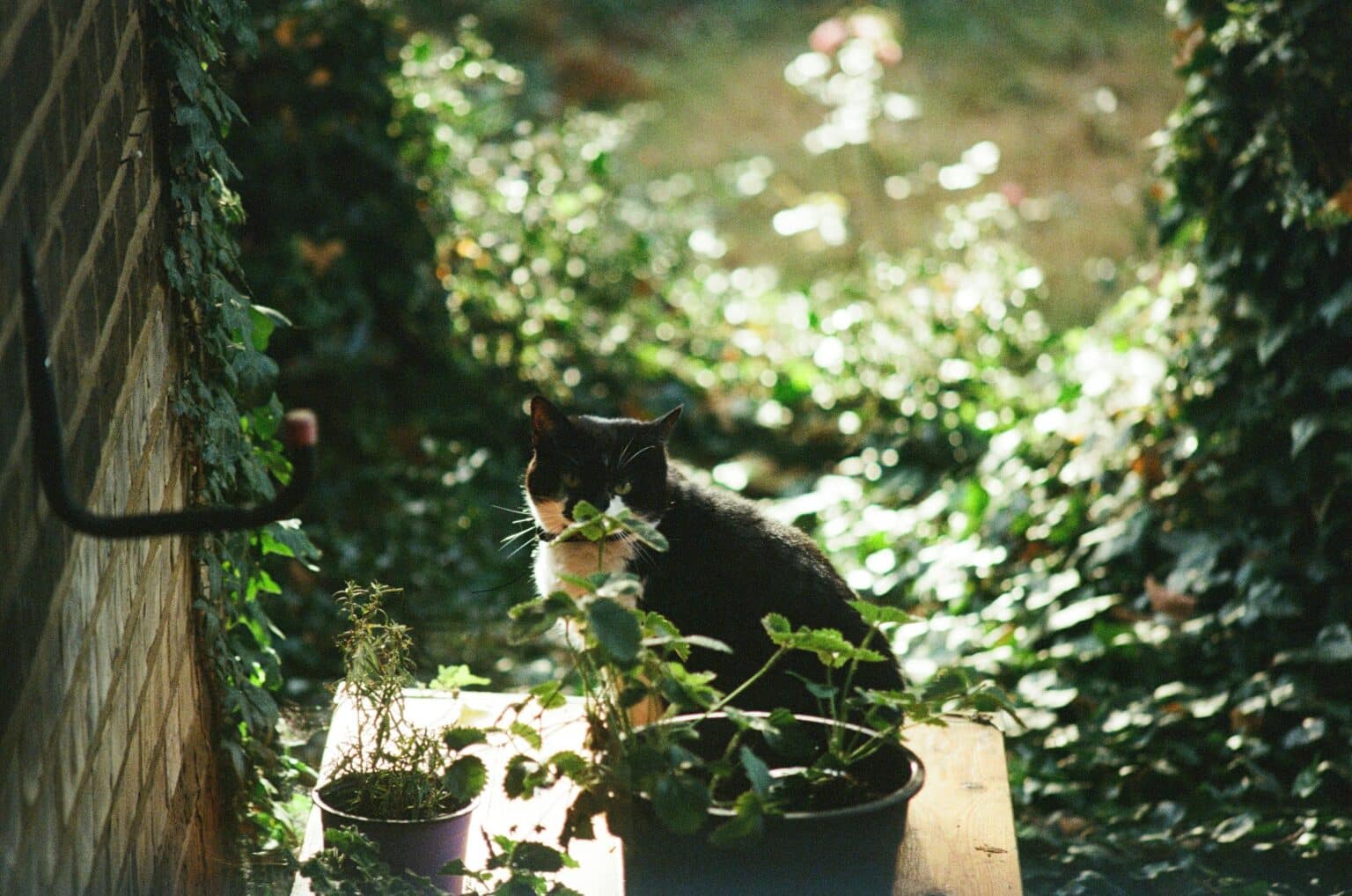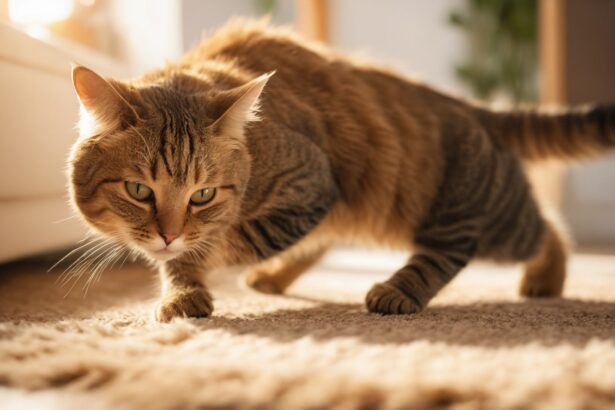You adore cats, but not when they turn your flowerbeds into a VIP lounge. Looking for gentle, clever ways to keep visiting kitties at a distance? Here are kind, natural tips that protect your space without harming whiskered wanderers.
Why do cats pick my garden?
They’re territorial by nature
Cats love to explore, patrol and “bookmark” places with scent. Once your garden is on their map, they tend to revisit. It’s not personal—just cat politics.
What secretly attracts them
- Food opportunities: outdoor bowls, compost, unsecured trash, barbecue leftovers.
- Inviting plants: catnip (of course) and sometimes mint or valerian.
- Perfect potty spots: soft soil, mulched beds, or a quiet, sheltered corner.
Fun fact: ammonia smells a lot like urine to cats, so areas cleaned with ammonia can actually encourage re-marking. Curious about odors that push cats away? See these everyday smells cats really dislike.
Natural scents that keep cats away
Your gentle scent allies
- Citrus peels: lemon, orange, or grapefruit peels placed where cats enter.
- Coffee grounds: fresh grounds scattered around target zones; keep out of reach of pets who might nibble.
- White vinegar: great for hard surfaces and borders—not for plant foliage or lawns.
- Aromatic plants: lemon thyme, rosemary, lavender, citronella, and the famous Coleus canina (“scaredy cat” plant).
How to apply them safely
- “Citrus cordon” trick (original tip): fill mesh tea bags or old nylon stockings with dried citrus peels and peg them along borders. Easy to move, easy to refresh after rain.
- Rinse paths or patio edges with a 1:4 white vinegar–water mix. Test a small area first.
- Stir coffee grounds into top mulch or keep them in little breathable sachets to avoid wind scatter.
Common mistake to avoid: using essential oils neat or heavily diluted around pets. Many are toxic to cats. Prefer plants themselves or hydrosols outdoors only, and never spray where a cat might lick.
Make your space less attractive
Secure the “buffet” and tweak the layout
- Bring in pet bowls at night and secure trash lids. Compost? Cover well.
- Rake and lightly gravel the softest beds—cats love fluffy soil; make it a touch less comfy.
- Protect veggie beds with low mesh tunnels; cover sandboxes when not in use.
If visits come with unwanted pee, it’s often about territory. Here’s how to decode and manage it: why cats pee everywhere.
Plant borders that say “not here”
- Coleus canina: the “anti-cat” plant many gardeners swear by.
- Rue officinale: naturally repellent; can irritate skin—wear gloves and handle with care (source).
- Lemon-scented plants: citronella, lemon thyme, and scented geraniums.
Love your plants and your visitors? Double-check safety before planting—some ornamentals are risky for felines. See which plants are dangerous for cats.
Clever home hacks that work
Uncomfortable textures and gentle surprises
- Aluminum foil: line pots or ledges; the sound and feel are a big “nope” for most cats.
- Chicken wire under mulch: lay it flat, then cover lightly—walking feels awkward, so cats move on.
- Decorative gravel or pinecones: pretty and less diggable.
- Garden mats with nubs: place along entry paths to redirect traffic.
- Motion-activated sprinkler: a humane, quick lesson that your garden isn’t a lounge.
DIY sprays that respect cats
- Citrus infusion spray: simmer citrus peels in water 10 minutes, cool, strain, and spritz on hard surfaces and borders. Refresh after rain.
- Herbal “garden tea”: steep rosemary and lemon balm, cool, strain, and spray around doorsteps and fence lines.
Cleaning tip: skip ammonia or bleach outside. Ammonia invites re-marking, and bleach can attract cats too—here’s why bleach attracts cats. For odors, use enzymatic cleaners or mild vinegar solutions on non-plant surfaces.
Kind wrap-up
Keeping cats away naturally is all about consistency: remove temptations, layer gentle scents, and make digging spots less appealing. It’s kinder, cleaner, and it lasts.
Which trick will you try first—the citrus cordon, the chicken-wire mulch, or a lemon-thyme border? Tell us what worked in your garden—we love reading your successes.
FAQ: Natural ways to keep cats away
What is the most effective natural cat repellent?
A combo works best: secure food sources, add citrus or vinegar along entries, and make soil less comfy with gravel or chicken wire under mulch.
Do coffee grounds keep cats away?
Often, yes. Their scent can deter cats. Mix lightly into mulch or use sachets, and keep out of reach of pets who might ingest them.
Is white vinegar safe to use around cats?
Use diluted on hard surfaces and borders only—never on plants or lawns. Test first, and avoid spraying where cats might lick.
How do I stop cats from pooping in my garden naturally?
Cover sandlike soil, add textured barriers (gravel, pinecones, chicken wire), and use citrus peels or herbal sprays along preferred spots. Refresh after rain.






